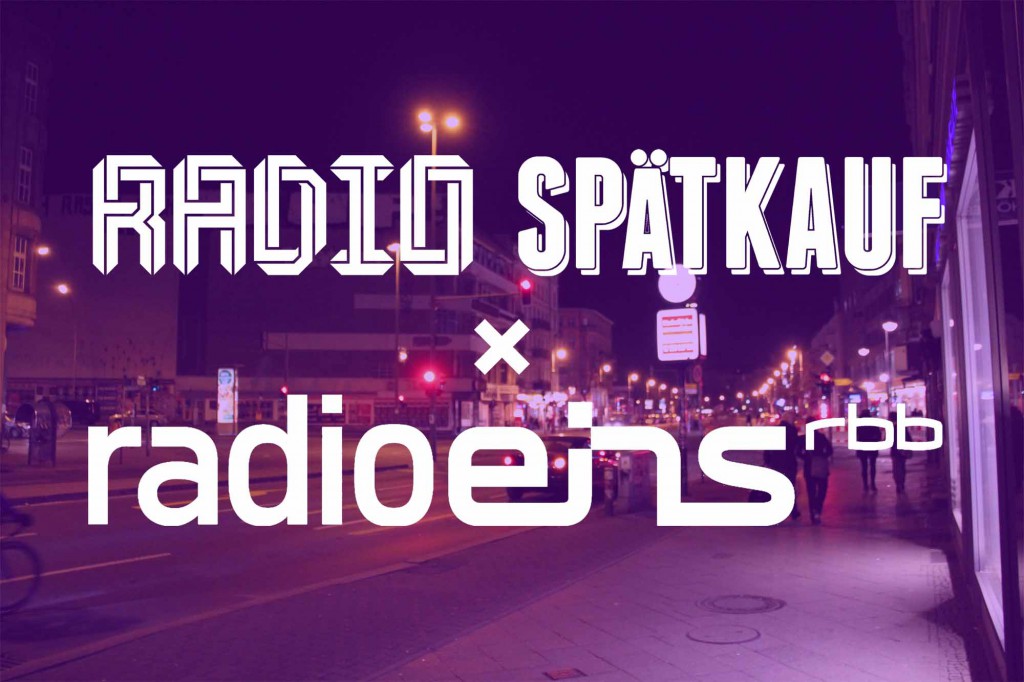By Joel Dullroy
The Berlin election results are in. And it looks like Michael Müller will remain mayor, if he can build a coalition with two other parties – most likely Die Grüne and Die Linke.
The headline from this election is the rise of Alternativ für Deutschland, the xenophobic, homophobic nationalist party, which won 14.2% of the vote and gained 25 seats in the 160-seat Abgeordnetenhaus, the city’s parliament. The AfD won most of their votes in the east, where there has been an ugly backlash against refugees. In the past few years there have been arson attacks on refugee shelters and public demonstrations by xenophobes. The AfD won’t get into any governing coalition, but it will end up chairing committees and will have influence in several of the local councils where spending decisions are made on education and refugee housing.
This election was a protest against the major parties. Every party lost votes, except for AFD (+14.2%), FDP (+4.9%) and Die Linke (+3.9%). Michael Müller’s SPD won the most votes, with 21.6% and 38 seats. But that’s down 6.7% from five years ago. It’s the SPD’s worst performance in Berlin since World War 2. Frank Henkel’s CDU also lost big, dropping to 17.6%, a loss of 5.7%. Also a historically terrible performance. Surprisingly, Die Grüne also lost votes, ending up with 15.2%, a drop of 2.4%.
But the biggest losers were the Pirates, who got only 1.7% (down 7.2%) and were therefore knocked out of parliament. They got even less than Die Partei, the joke party, who got 2%. Where did all those Pirate voters go? Probably to Die Linke or the FDP. The party was always a bit of a mixed bag of socialists and anti-government liberals.
The FDP, who campaigned heavily on keeping Tegel open, won 6.7%, bringing them back into parliament with 12 seats. But they won’t be able to enact any of their policies unless they end up in the governing coalition, which is a bit of an outside chance at the moment, since not many of their policies align with the Greens or Die Linke, either or both of whom are necessary for the SPD to form a government.
While everyone is talking about the rise of the AfD, let’s not forget that Die Linke also picked up votes, gaining 3.9% to reach 15.6%. That’s more than the AfD got, and it shows there are even more people determined to keep Berlin a strong social and inclusive city as there are xenophobes who want to shut the gates.
And what about our own candiate? Radio Spaetkauf co-host Jöran Mandik ran for election in the district of Neukölln 1 as a journalistic exercise. And he got… 66 votes! That’s 0.4% of the total. His seat was won by the Green party candidate, who got 5778 votes. At least Jöran didn’t come last. He beat the candidate from the neo-nazi NPD party, who got 52 votes. So good work Jöran on keeping the NPD out of power!
